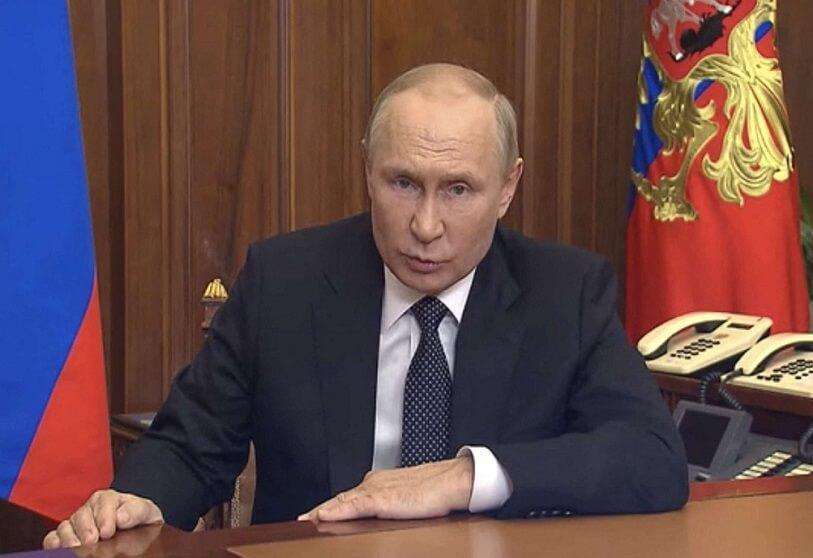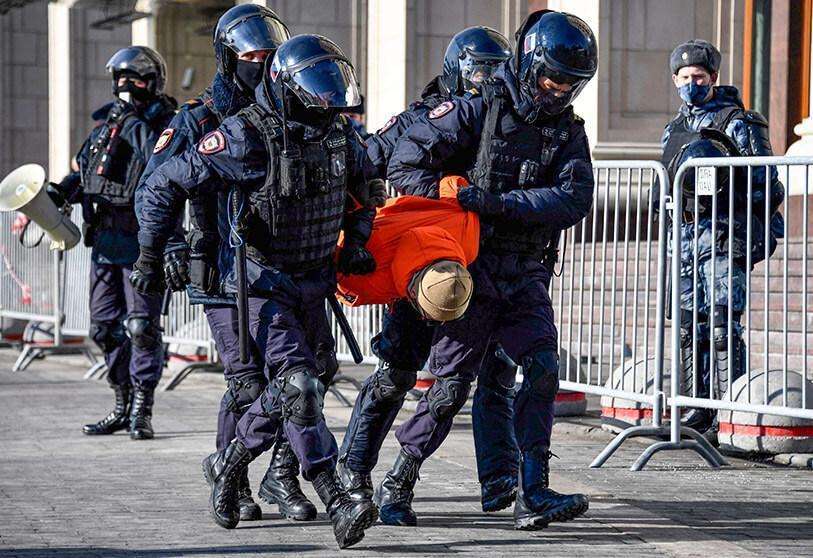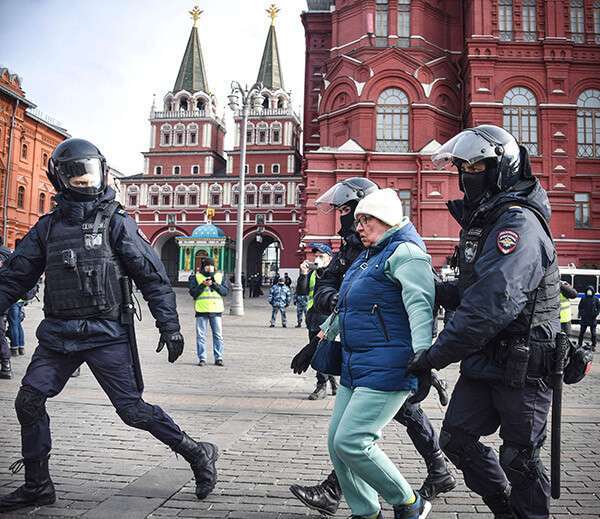The European Union and the asylum dilemma for Russian defectors

Sold-out flights out of Russia and protests against the Kremlin following Vladimir Putin's announcement of the partial mobilisation of some 300,000 reservists to step up military activity in the Donbas. The unprecedented exodus of Russian men, which exceeds even the outflow after the disintegration of the Soviet Union, divides the European Union in the dilemma of whether or not to grant them asylum.
The Baltic states and Poland have already taken the position of restricting the entry of Russian citizens, including those on Schengen visas, to the maximum extent possible. Helsinki has now joined them, arguing that taking them in could cause "serious damage to Finland's international standing". Sanna Marin's government has decided to do so after registering a 57% increase in Russian travellers in the country on the same day as Putin's announcement.
"Many Russians who are now fleeing Russia because of the mobilisation were fine with Ukrainians being killed. They did not protest then. Admitting them entails considerable security risks and many countries outside the EU where they can go," Latvian Foreign Minister Edgars Rinkevics tweeted. For this reason, and for these countries that have suffered most from Russian imperialism, fleeing Russia to avoid being conscripted does not mean dissidence. Moreover, they argue that KGB agents can always be infiltrated.

However, other European countries are far from this position. Germany has already expressed its willingness to take in Russian dissidents in need of protection. "Anyone who courageously opposes President Vladimir Putin's regime and who therefore puts himself in the greatest danger can apply for asylum in Germany on the grounds of political persecution," said German Interior Minister Nancy Faeser.
This position was echoed by Justice Minister Marco Buschmann. "Those who hate Putin's way and love liberal democracy are warmly welcome in Germany," he said on Twitter. The German government also added that Germany has been hosting persecuted and threatened Russian dissidents for months, and that Putin's "boundless contempt for humanity" does not spare even his own soldiers.

But in the end, many of the Russians who leave their country first pass through neighbouring countries and, according to the European rule, it is in the first country they arrive in that they must apply for asylum. In this regard, Finland is practically the only country of entry for Russian citizens into the EU due to the closure of airspace to Russian aircraft and the blockade of the three Baltic republics and Poland.
Moreover, the division over Russian asylum has also been felt within the EU-27. Several EU ambassadors have called on the Commission to update the Visa Facilitation Agreement with Russia due to recent developments, especially those related to security. Several governments argue that they need proof that Russian citizens entering EU territory are indeed dissidents or opponents of Putin and not allies of the Kremlin.
Flights departing Moscow and St. Petersburg today. The @AP is reporting international flights departing Russia have either sold out or skyrocketed in price after Putin announced a mobilization of reservists.
— Flightradar24 (@flightradar24) September 21, 2022
Search SVO, VKO, DME for Moscow airports and LED for St. Petersburg. pic.twitter.com/LV2PrkwPD9
The EU presidency, held by the Czech Republic, has already convened coordination meetings with representatives of the EU-27, the European Commission, the European External Action Service and the European Border Control Agency to try to coordinate a common response. For the time being, Brussels insists that all countries are obliged to examine all asylum requests they receive.
In Russia, meanwhile, dissidents continue to demonstrate. "Putin is a war criminal, he is killing people. But how can Russians inside Russia stop Putin? It's not possible," said former opposition MP Dmitry Dudkov, who now lives in Vilnius, "I think the West should increase military assistance in Ukraine, that's the only option," he added.

This is a situation experienced by Alexei Navalny's entire team, also living in Lithuania since the opposition politician was imprisoned. "Nobody attacked Russia, nobody needed these separations and these deaths, but on 24 February, a maniac led his country into a dead end", wrote Leonid Volkov, Navalny's political advisor, on Twitter.









